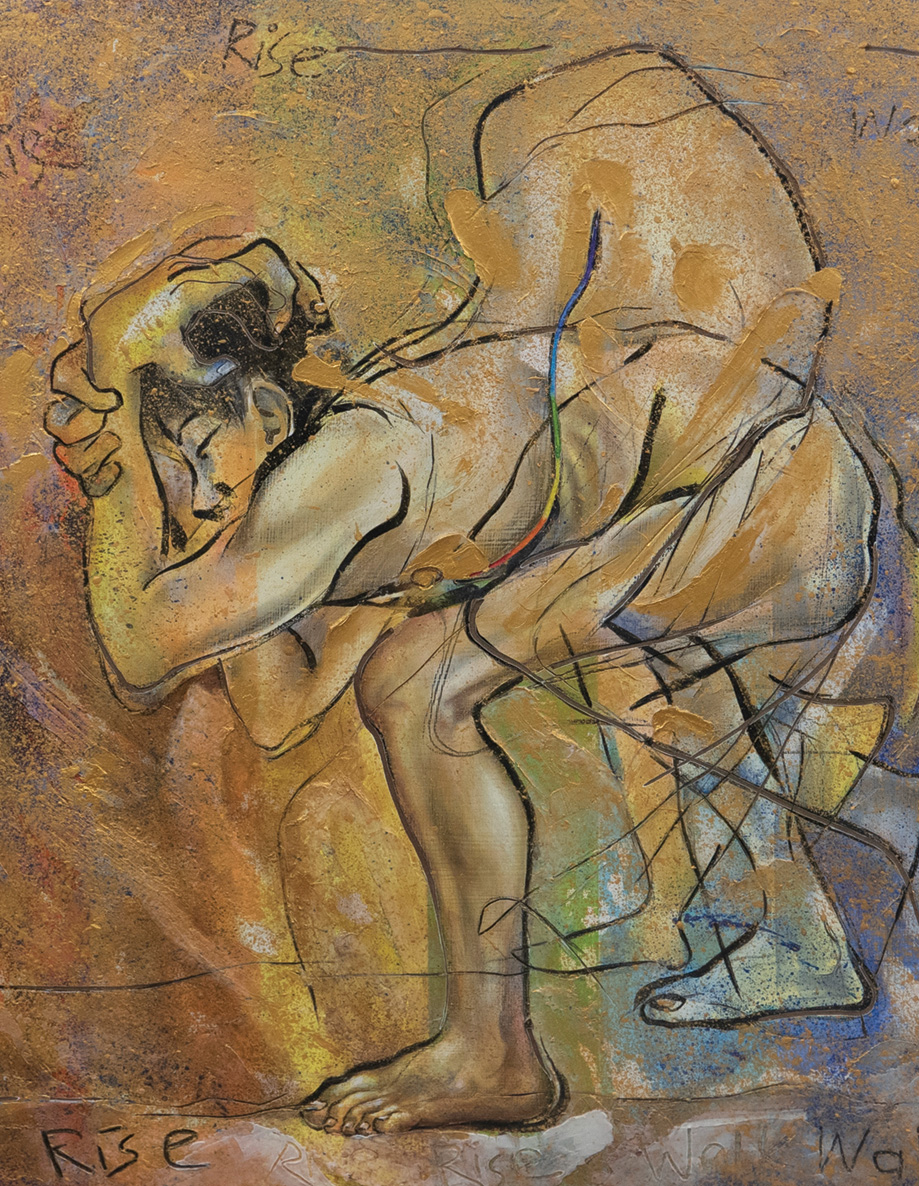Sacred Encounters Lesson Six

Lesson Six: A Person with a Physical Disability Encounters Jesus
Scripture: Acts 3:1–10
“God calls us to affirm that each person is a child of God who should be treated with dignity and equity.”
The Americans with Disabilities Act (ADA) became law in 1990, and, for many, served as an introduction to understanding the challenges persons with disabilities encounter when society fails to see them or to take their needs into account. Over thirty years later, many communities of faith still have much to learn about creating sacred spaces for all.
When we are teaching, preaching, and leading, our words matter, and language around ability and disability should be positive and affirming, or ability-positive. In addition to the language we choose, we need to exercise intentionality about the messages we share about differing abilities as we approach scripture, employ curriculum, and select or create music and liturgy.
Our positive view and language around disability helps our whole congregation have a more positive view of people of all abilities. When in doubt about when to use person-first or identity-first language, pay attention to how a person with a disability speaks of themselves and model your language after theirs. Be careful to talk about mobility supports as gifts from God that help people engage fully. Stay away from “wheelchair bound,” instead, talk about “using a wheelchair,” or “wheelchair users.”
Removing barriers to physical access and creating sacred space—allow for all to join in Christian formation, worship, and fellowship and service. It may also involve introducing new equipment, employing new strategies, and creating new processes to provide physical accommodation and supports.
Eating together has had an important role in many areas of church life. Yet food can be an issue for many people, including people with disabilities who follow special diets to support their well-being or who may not be comfortable eating with a large group. Being intentional and mindful about food as a part of church life can build community and communicate your worshiping community’s commitment to inclusion. Consider going nut-free in all settings. So many people have nut allergies, and their reactions are so serious, many churches simply don’t have nuts on campus, especially in preschools or other settings with children. Encourage food labeling, especially for potlucks. People may bring a simple tent card with ingredients, or one can be provided to be placed with their dish. When serving food, provide some packaged, wrapped, and labeled items. Welcome and accommodate people who bring their own food items.
Remember that many disabilities are not immediately visible. Keep in mind that your participants may have learning differences, attention issues, processing issues, and sensory issues. Consider using mutual invitation when you lead your small groups. Never put anyone on the spot to read, draw, or write on the board, but provide opportunities to volunteer by planning and asking ahead of time. Plan for responses that are multi-sensory and use multiple intelligences and choose multi-media study materials.
For more information, and for printable copies for your groups and congregations, visit: Presbyterian Mission Agency Disability Inclusion Toolkit | Office of Christian Formation | Presbyterian Mission Agency
Olive Mahabir
author of the 2023-2024 PW/Horizons Bible Study
Note: This information was accessed from the website of the news organization, The Times of Israel.
************
This blog is the sixth in a series of nine blogs written by the study’s author Olive Mahabir. A new blog will be posted every month between now and April 2024.
Presbyterian Women in the PC(USA), Inc. publishes an annual Bible study. Sacred Encounters is the study for this year. You can purchase a Sacred Encounters Bible study book (HZN23100) and study along with us. Call 800/533-4371 or order online.
